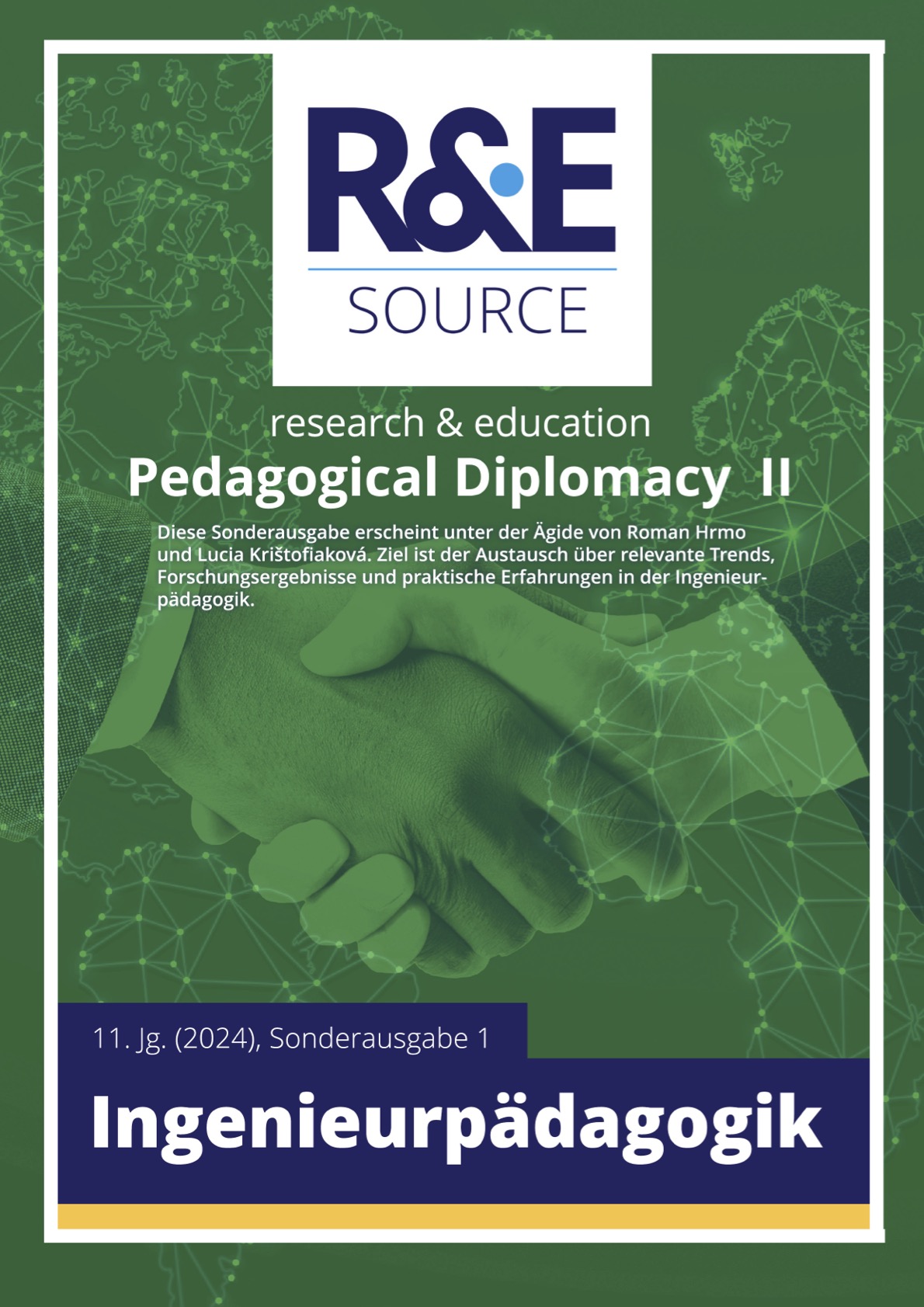Abstract
In recent years, we have been increasingly confronted with misinformation, hoaxes, and harmful, artificially created fake news. Negative socio-economic developments (including the COVID-19 pandemic, the war in Ukraine, and the Israeli-Palestinian conflict) and their ensuing consequences (societal polarisation, heightened aggression, distrust, and a generally hostile atmosphere) have created a fertile breeding ground for their proliferation. Misinformation and disinformation also challenge the teaching of consumer psychology and marketing communication. One of the primary reasons for this is the alarming trend of people rejecting scientific knowledge, losing trust in scientists and doctors, and turning to alternative sources of information. This scepticism extends to various aspects, including climate change, European Union policies, and other matters. From the consumer psychology standpoint, this represents a significant concern, as disinformation directly hinders the realisation of sustainable development goals outlined in the 2030 Agenda. This paper aims to underscore the specific challenges in teaching modern consumer psychology and propose novel pedagogical approaches that simultaneously enhance information literacy.

Dieses Werk steht unter der Lizenz Creative Commons Namensnennung - Nicht-kommerziell - Keine Bearbeitungen 4.0 International.
Copyright (c) 2024 Jana Kollár Rybanská, Katarína Krpálková Krelová, Filip Tkáč

